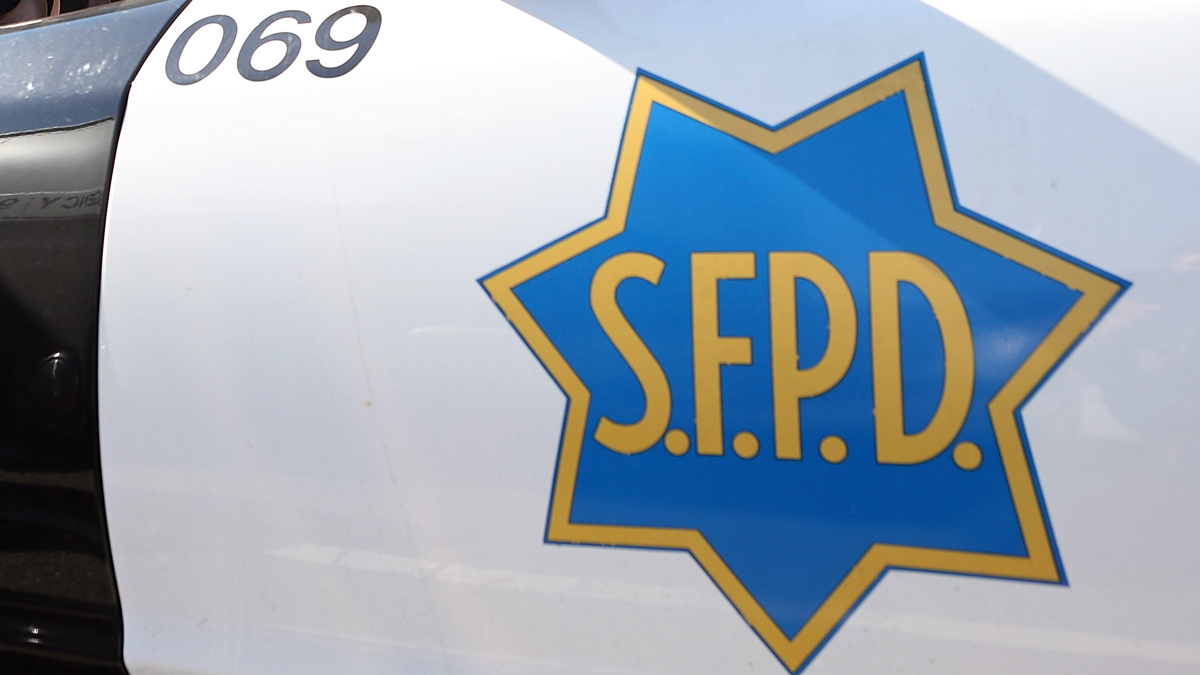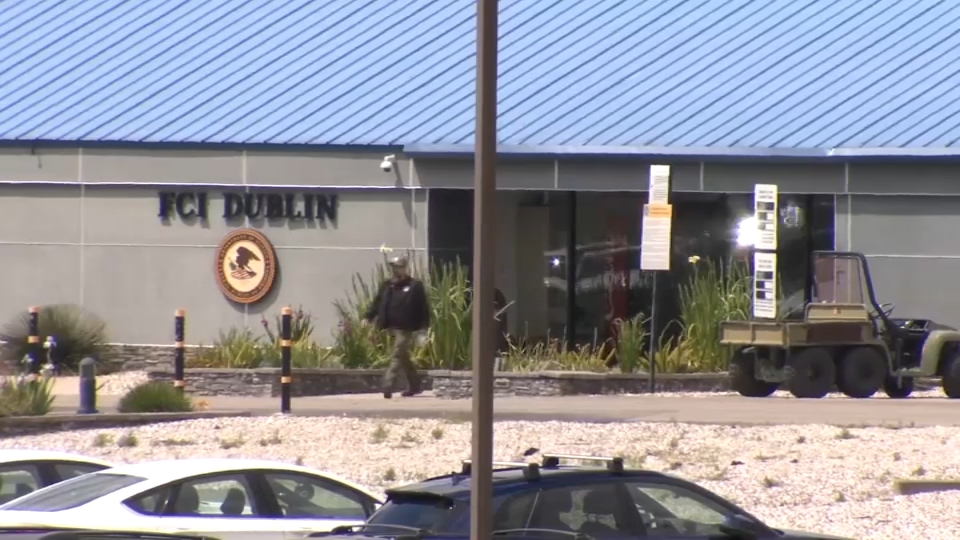A federal appeals court in San Francisco on Thursday reinstated the murder conviction and death penalty of a Santa Clara County man who has been on death row for 33 years.
A panel of the 9th U.S. Circuit Court of Appeals overturned a 2011 decision in which a federal district judge in Oakland overturned the conviction of Marvin Pete Walker, 53, and ordered a new trial.
Walker was convicted in Santa Clara County Superior Court in 1980 and sentenced to death for the fatal shooting of 15-year-old Joseph Vasquez on Aug. 6, 1979, during a $150 robbery of a liquor store where the teenager worked.
He has been on death row at San Quentin State Prison since then during a series of state and federal court appeals.
Walker was also convicted of three counts of assault with intent to commit murder for shooting and seriously injuring the liquor store owner and another employee, as well as a medical building worker in a second robbery a month later.
Most of the victims were shot execution-style in the head. Walker was 19 at the time. According to trial testimony quoted by the appeals court, a second robber in the liquor store attack wanted to leave after they grabbed $150 from a cash register, but Walker said, "No, we're not going to leave any witnesses."
U.S. District Judge Saundra Brown Armstrong of Oakland had overturned the conviction on the ground that the trial jury might have been prejudiced by the fact that Walker was required to wear a leg-locking brace during the trial.
Local
The plastic molded brace on one knee was under his clothes, but caused a visible limp when he walked to and from the witness stand during testimony in his trial. But the appeals court concluded that the brace didn't affect the outcome of the trial because the device was relatively unobtrusive and the trial judge indicated to the jury that the use of it was somewhat routine.
In addition, the court said, the evidence of Walker's guilt was "very strong," including eyewitness identification by the two liquor store survivors. Walker's federal appeal was made in a habeas corpus petition after the California Supreme Court in 1988 and 1992 upheld his conviction and rejected his claim that the shackling violated his rights.
Today's ruling allows him to go back to Armstrong's court in Oakland to pursue additional claims of errors in his trial



